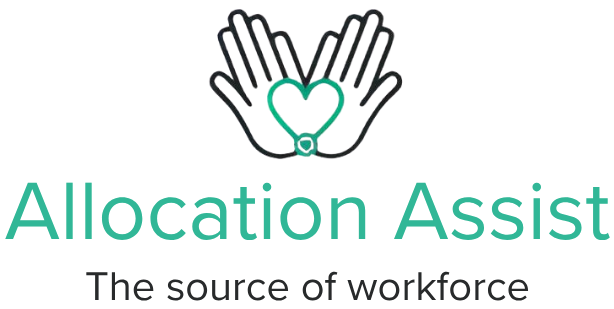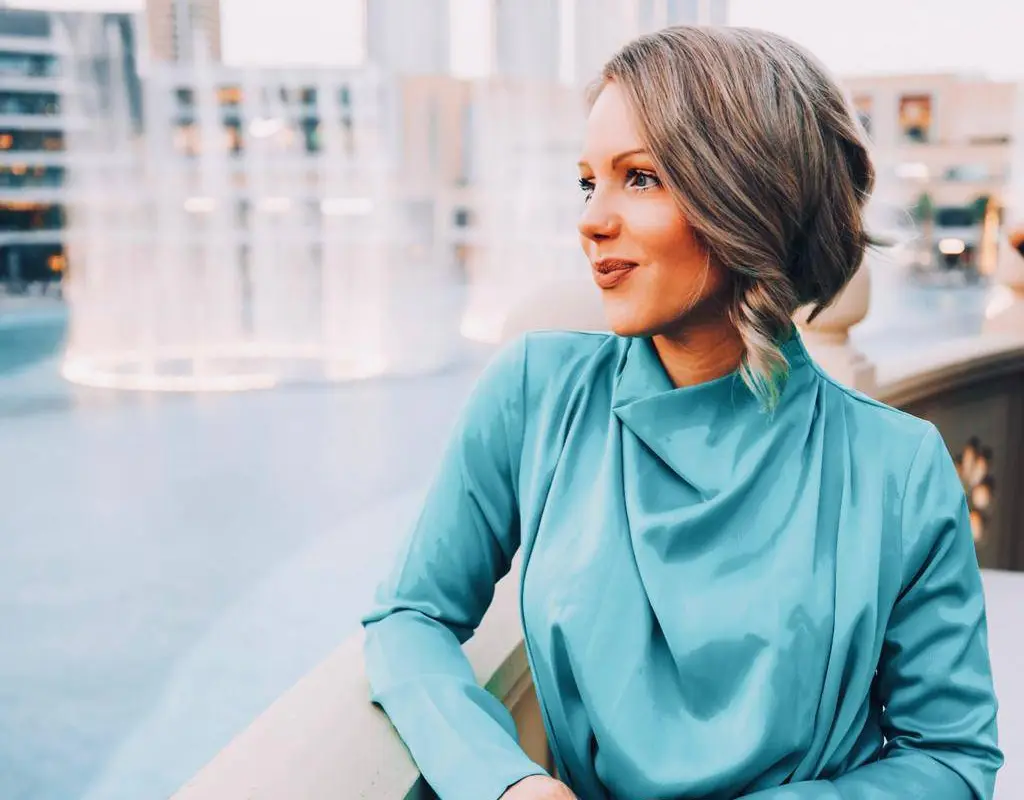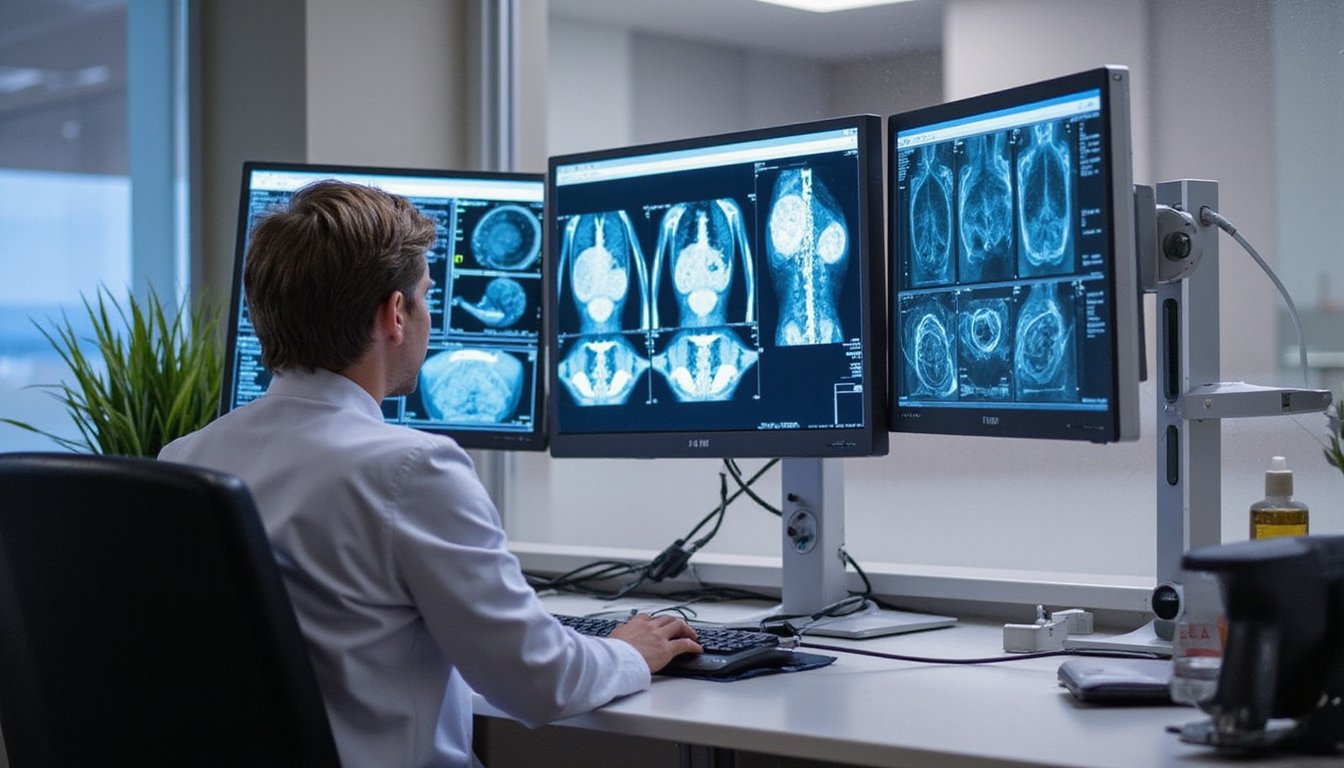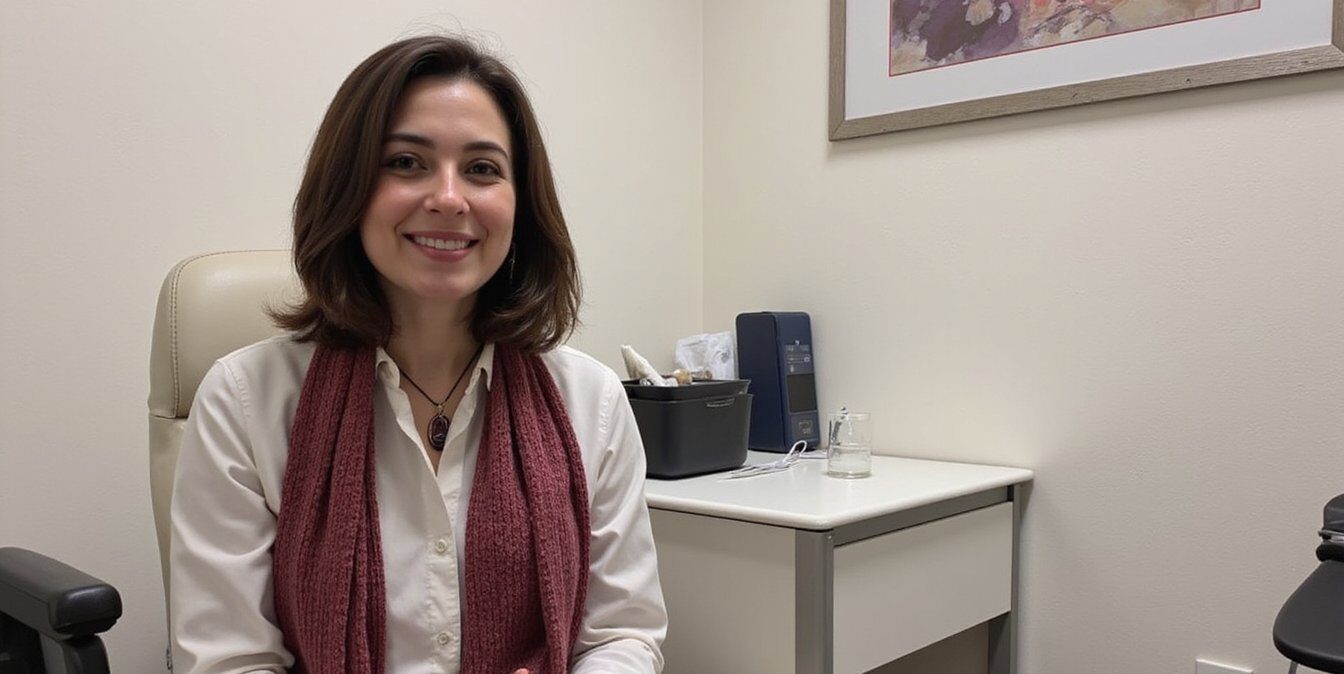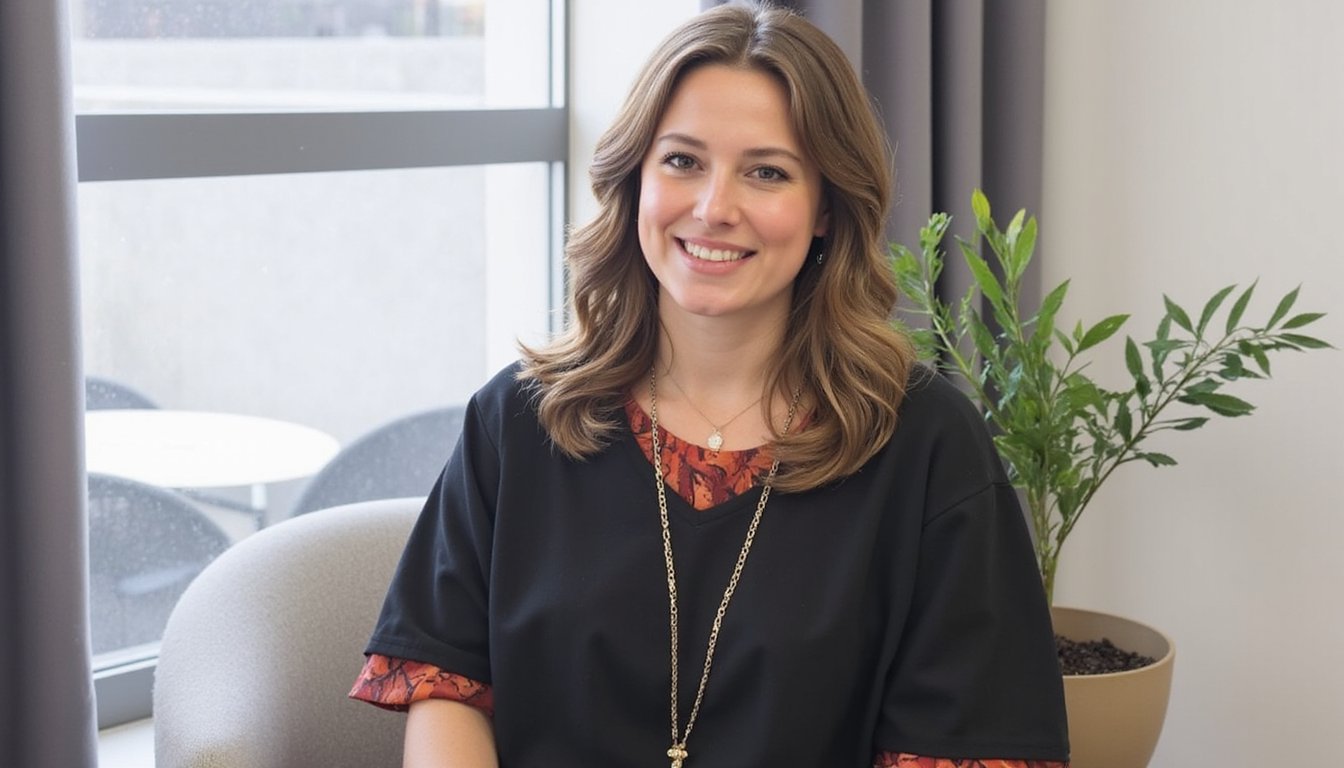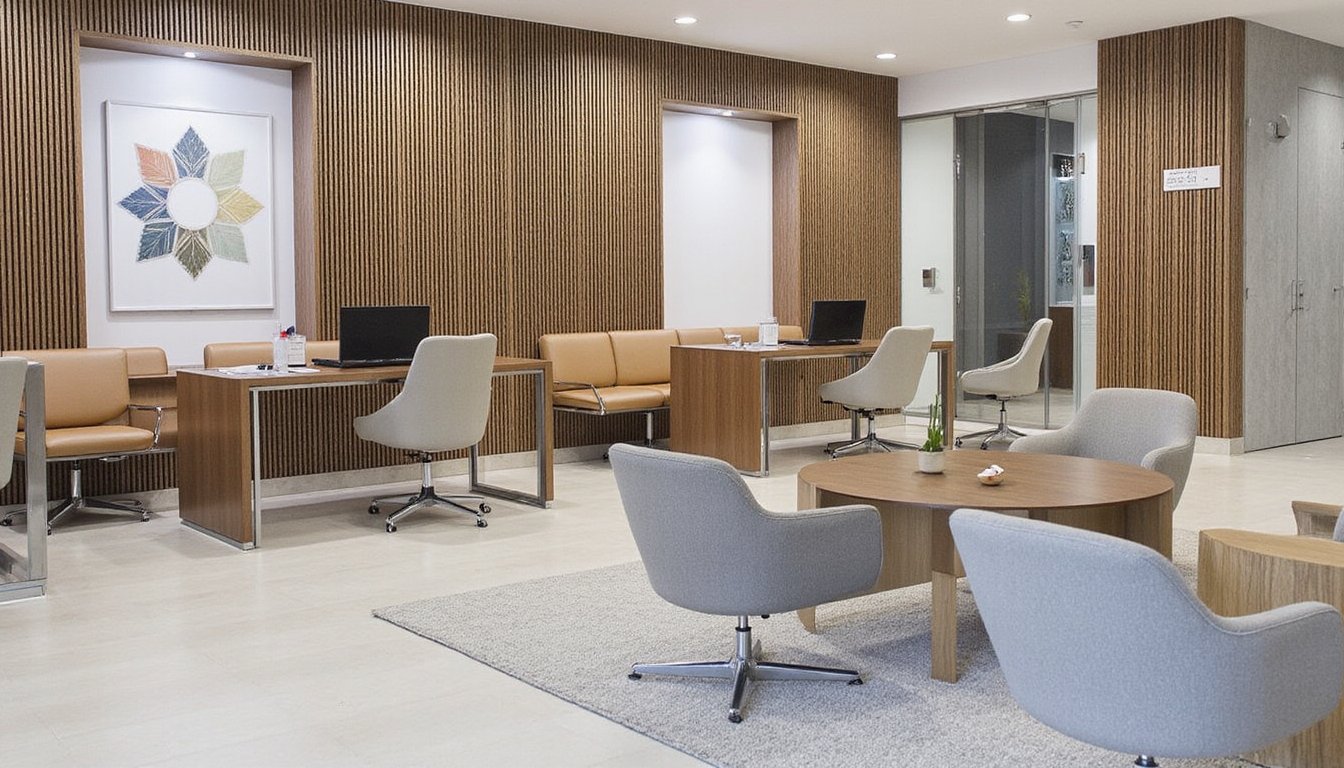To start your healthcare career in Dubai, you’ll need a recognized degree, relevant clinical experience, and English proficiency. Begin by registering on the Sheryan portal and completing DataFlow’s Primary Source Verification process, which takes 30-45 days. You’ll then need to pass the Prometric exam and secure DHA licensing before applying through official job portals. With tax-free salaries averaging $57,500 and extensive benefits, Dubai’s expanding healthcare market offers significant opportunities for qualified professionals seeking advancement.
Essential Qualifications and Experience Requirements

Five core requirements form the foundation for starting your healthcare career in Dubai: educational credentials, clinical experience, language proficiency, health clearances, and professional registration.
You’ll need a recognized healthcare degree from an accredited institution, with postgraduate specialization required for advanced roles. Clinical competency assessment demands at least 2-3 years of recent hands-on experience, particularly in specialized fields like cardiology or surgery. Your patient-centered communication skills must include fluent English, while Arabic proficiency can augment your prospects, especially in public healthcare. With Dubai’s status as a medical tourism destination, opportunities abound for healthcare professionals seeking international experience. The city’s excellent standard of healthcare facilities attracts top talent from around the world.
Before obtaining your work visa, you’ll need to pass medical screenings and provide a clean criminal record. You must also verify your professional credentials through UAE health authorities and maintain ongoing education requirements to practice legally. Private sector positions offer shorter wait times for patients seeking specialized care, making them particularly attractive for career advancement.
Navigating the DHA Licensing Process
The DHA licensing process requires careful attention to documentation, including your educational certificates, professional licenses, and work experience attestations that must undergo Primary Source Verification. You’ll need to plan for a timeline of 30-45 days for document verification and prepare thoroughly for the Prometric examination, which consists of 150 multiple-choice questions testing your specialty knowledge. Healthcare professionals can join online study groups and preparation courses to enhance their exam readiness and share resources with peers. Applicants must submit their documents through the Sheryan Portal, which is the official DHA licensing system. To optimize your chances of success, you should create your Sheryan account early, track each step through your dashboard, and guarantee all submitted materials are accurate and complete. Healthcare professionals must have their DHA license activated through their sponsoring employer before they can legally practice in Dubai.
Essential Documentation Requirements
Successfully traversing Dubai’s healthcare licensing process requires painstaking attention to documentation requirements. You’ll need to guarantee comprehensive document authentication and credential translation for all your professional qualifications before beginning the application process.
The DHA’s stringent verification process focuses on three critical areas:
- Educational credentials, including your medical degree, transcripts, and specialty certifications
- Professional documentation, comprising your valid license, experience certificates, and Certificate of Good Standing
- Personal documentation, such as passport copies, photographs, and medical fitness certificates
Your documents must undergo Primary Source Verification through DHA’s designated agency, typically Dataflow. You’ll also need to demonstrate English language proficiency unless your degree is from an English-medium institution. Remember, any gaps or inconsistencies in documentation can drastically delay your licensing process. The Sheryan online portal serves as the primary platform for submitting and managing your licensing documentation.
Timeline and Processing Stages
When setting out on your DHA licensing voyage, comprehending the distinct processing stages and their associated timelines becomes pivotal for effective planning. You’ll need to navigate through several key phases, with document accuracy greatly impacting your progress. The entire process typically spans 3-6 months, though an expedited application is possible with proper preparation. Your success in obtaining a DHA eligibility letter will determine your ability to move forward with license activation.
| Stage | Timeline |
|---|---|
| Sheryan Registration | 1-2 days |
| Dataflow Verification | 30-45 days |
| Eligibility Review | 10-15 days |
| License Activation | 2-3 weeks |
Remember that your Sheryan draft application expires after three months of inactivity. You can process your Dataflow verification simultaneously with other steps, and you’ll receive exam results within 5-10 business days. The final license activation depends on your employer’s responsiveness and document completeness.
Exam Preparation Tips
Mastering the DHA licensing exam requires a strategic and well-structured preparation approach customized to your healthcare specialty. A targeted revision strategy begins with understanding your profession’s specific exam structure and developing an effective time management plan.
To optimize your preparation success:
- Source updated study materials, including official DHA guides and practice tests aligned with current medical guidelines
- Create a 4-6 week study schedule that balances strong and weak areas, incorporating regular mock exams under timed conditions
- Join professional study groups and utilize online resources while maintaining focus on high-yield topics specific to your field
Remember to track your progress through self-assessment tools and practice tests. The availability of computer-based simulations through training providers can significantly enhance your exam performance. It’s essential to verify your Primary Source Verification documents early in the process to avoid registration delays. Complement your studies with stress management techniques, ensuring you’re mentally and physically prepared for exam day while maintaining work-life balance. Aspiring healthcare professionals should aim to achieve the required passing score of 60% for most medical categories to secure their DHA license.
Understanding DataFlow Verification Steps
The DataFlow verification process stands as a critical gateway for healthcare professionals seeking to practice in Dubai and across the Gulf region. To navigate this requirement successfully, you’ll need to compile essential documents, including your current passport, educational certificates, professional licenses, and work experience letters. Patient safety is the fundamental reason behind this stringent verification system.
Begin by creating your profile on the DataFlow portal and uploading clear, properly notarized documentation. Primary Source Verification must be completed by DataFlow for all educational and professional documents before proceeding with licensing. The process typically requires a 30 to 45 day timeframe for completion. Be vigilant about common document submission mistakes, such as uploading unclear scans or failing to provide English/Arabic translations. The verification team will then contact your previous institutions directly to confirm your credentials.
Throughout the process, you can track your application status online. If issues arise, issuance resolution assistance is available to help address any verification challenges or negative findings that may emerge.
Finding Job Opportunities Through Official Channels
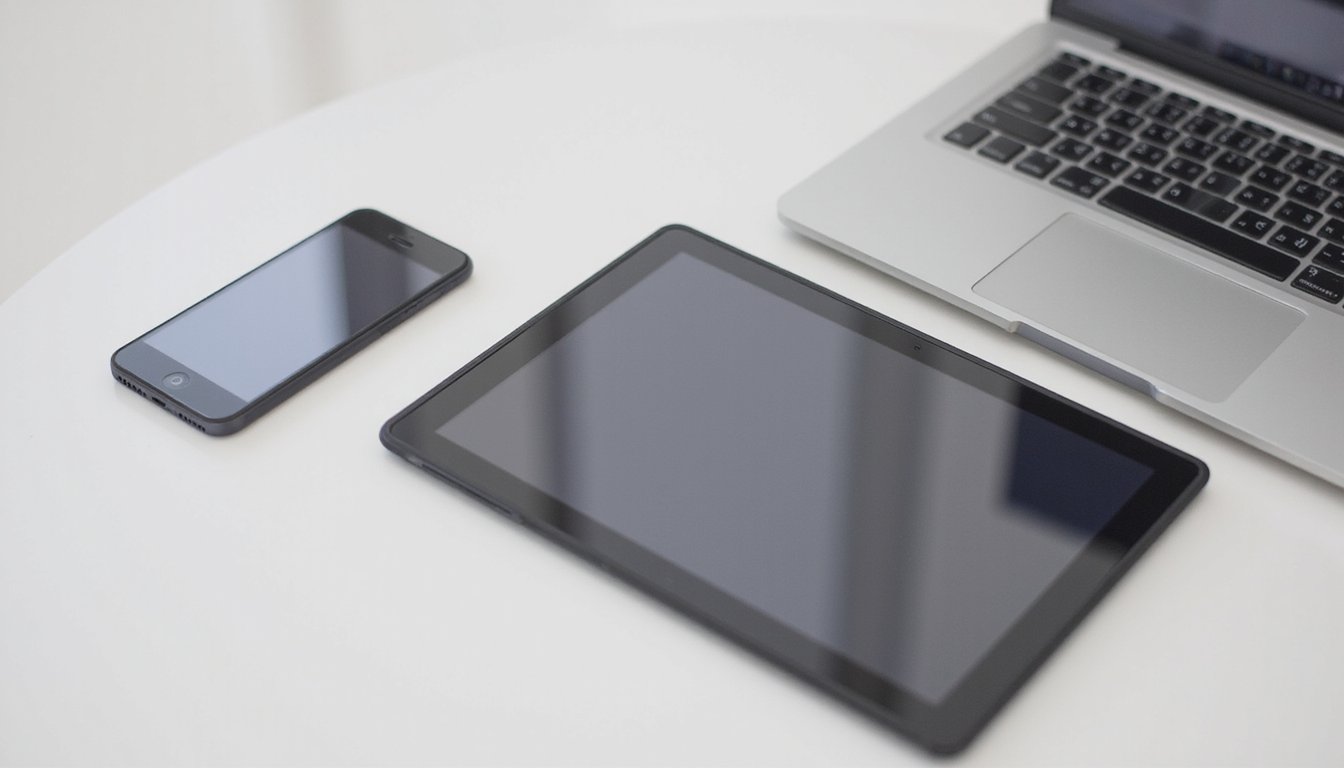
Where should you begin your healthcare job search in Dubai? Start with official government portals like DHA’s Sheryan and Dubai Careers, which offer the most reliable and up-to-date healthcare vacancies. These platforms provide access to both remote healthcare opportunities and positions with attractive private sector benefits. The dedicated portal serves as a centralized recruitment hub connecting healthcare facilities with qualified professionals across Dubai.
For maximum exposure to legitimate openings, focus on these proven channels:
- Register on Emirates Health Services e-recruitment portal to access government healthcare positions across Dubai and the UAE
- Create profiles on reputable private platforms like Bayt, GulfTalent, and LinkedIn, where major healthcare employers actively recruit
- Visit hospital career pages directly, such as American Hospital and Mubadala Health, to apply through their internal systems
Salary Packages and Benefits in Dubai Healthcare
Understanding Dubai’s healthcare salary packages helps you gauge your earning potential in this tax-free emirate. As a medical professional, you’ll find salaries vary greatly based on your specialization and experience, from AED 7,000 for entry-level nursing positions to AED 110,000 for senior consultants. Your tax planning becomes simpler, as you’ll keep your entire salary without deductions.
Beyond base pay, you’ll receive extensive benefits, including housing options through allowances or direct accommodation. You can expect health insurance coverage, annual flight tickets home, and generous paid leave of 22-30 days. Senior positions often include education allowances for children and transportation benefits. Private sector employers typically offer higher compensation than public facilities, while working in affluent districts can enhance your earning potential.
Required Documentation and Credential Translation

As you prepare to work in Dubai’s healthcare sector, you’ll need to authenticate all your professional documents through a rigorous process that includes certified translations into Arabic or English. Your credentials must undergo Primary Source Verification through approved agencies like Dataflow, with direct confirmation from issuing institutions. You’ll want to maintain digital copies of your authenticated documents in a secure cloud storage system, as you may need to access them frequently during your employment [voyage].
Document Authentication Process
The document authentication process stands as a crucial gateway for healthcare professionals seeking to establish their careers in Dubai. For recognition of foreign qualifications, you’ll need to follow strict document submission procedures that involve multiple levels of verification.
- Start with notarization in your home country, followed by authentication from your local Health Ministry and Ministry of Foreign Affairs.
- Submit your documents to the UAE Embassy or Consulate in your country for attestation.
- Complete the final verification through the UAE Ministry of Foreign Affairs upon arrival in Dubai.
The process typically takes 14-21 days, though it may extend to 1.5 months if additional HRD verification is required. You’ll need your original certificates, passport copy, Emirates ID (if applicable), and UAE visa copy to proceed.
Translation Service Requirements
When establishing your healthcare career in Dubai, you’ll need to secure certified translations of all professional documents through UAE Ministry of Justice-registered providers. Your academic certificates, professional licenses, and experience letters must be translated into English by translators with proven medical terminology expertise.
For successful credentials verification, guarantee your chosen translation service has registered professionals with at least five years of experience for non-Emirati translators. You’ll need to upload both original documents and their certified translations during the document authentication process. If you have gaps exceeding two years in your practice history, provide translated documentation explaining these periods. Remember, only translations from recognized professionals who comply with Cabinet Resolution 7 of 2014 are accepted for regulatory submissions in the UAE healthcare sector.
Digital Credential Storage
Setting up secure digital storage for your healthcare credentials marks a critical step in establishing your Dubai medical practice. You’ll need powerful digital credential backups that comply with UAE’s strict healthcare data regulations, including storage within the country and retention for 25 years.
Key requirements for your credential storage system include:
- Implementation of multi-factor access controls and electronic signatures that meet Dubai’s standards
- Storage on DESC-certified cloud platforms with Tier 3 data centers located within UAE
- Integration with automated workflow systems for routing documentation through approval pathways
Your digital records must maintain extensive audit trails linking all credentials to your unique staff identification. Remember to implement technical safeguards like encryption and administrative protocols while ensuring your platform meets HIPAA and ISO 27001 compliance standards. Regular system backups and access reviews will help maintain data integrity.
Healthcare Facilities and Work Environment
Dubai’s healthcare setting has evolved into a strong network of 4,922 facilities, setting world-class standards for medical excellence and professional opportunities. You’ll find diverse workplace options, from 53 hospitals to 2,315 specialized clinics, all equipped with AI-driven technology that boosts diagnostic accuracy and treatment efficiency.
The work environment reflects Dubai’s commitment to talent retention strategies, offering competitive compensation and all-encompassing benefits. You’ll join multicultural teams delivering a patient-centered approach, serving both local residents and international medical tourists. Modern facilities maintain high standards of workplace safety and infection control, while implementing advanced digital health systems.
As a healthcare professional, you’ll benefit from continuous training opportunities and a culture that values work-life balance, making Dubai an attractive destination for career advancement in healthcare.
Career Growth and Professional Development Paths
As healthcare opportunities expand rapidly across the UAE, Dubai offers exceptional career growth trajectories backed by a projected 8% CAGR and substantial $20 billion investment in sector modernization. You’ll find yourself immersed in cross cultural workforce collaboration, with 90% of professionals coming from international backgrounds.
Your career advancement potential includes:
- Competitive compensation ranging from AED 6,000-30,000 monthly, with specialists earning up to $400,000 annually
- Employer-sponsored professional development through AI, robotics, and digital health workshops
- Access to emerging markets in neighboring emirates like Sharjah and Ajman
You’ll benefit from continuous skill development through regular CPD programs, leadership training, and research opportunities. The high turnover rate among expatriate staff creates frequent openings for upward mobility, especially in specialized roles and management positions.
Cost of Living and Healthcare Access
While pursuing your healthcare career in Dubai offers substantial financial rewards, understanding the city’s cost structure helps you plan effectively for your move. As a healthcare professional, you’ll need to budget around $2,150 monthly for individual living expenses, while typical family expenditures reach approximately $4,546-5,278.
Your largest expense will be housing, consuming roughly 40% of your budget, with current market rates showing a 16% year-over-year increase. For expat daily budgeting, factor in $490 for individual food costs or $1,270 for a family, plus mandatory health insurance ranging from $250-795 monthly. The absence of income tax partially offsets these costs, with healthcare professionals typically earning tax-free salaries averaging $57,500 annually. Consider choosing more affordable areas like Al Quoz or Al Barsha to optimize your living expenses.
Market Trends and Employment Outlook
The healthcare market across the Middle East presents exceptional opportunities for expat professionals, with projections reaching $104.6 billion by 2025 and the UAE leading this growth. Dubai’s expanding healthcare talent pool needs specialized professionals to address the growing skills gap analysis in multiple medical fields.
You’ll find promising career prospects in Dubai’s healthcare sector, particularly in these high-demand areas:
- Digital health and telemedicine specialists commanding competitive, tax-free salaries up to AED 100,000 monthly
- Specialized physicians in oncology, cardiology, and neurology with opportunities for annual earnings reaching $400,000
- Advanced practice nurses and ICU specialists benefiting from inclusive benefits packages including housing and continuing education
The mandatory health insurance requirements and rising medical tourism continue to drive demand for qualified healthcare professionals, making Dubai an attractive destination for your medical career.
Frequently Asked Questions
Can I Practice Alternative Medicine Alongside Conventional Healthcare in Dubai?
Yes, you can practice both, but you’ll need proper licensing and clinical privileges from the Dubai Health Authority for each discipline. You must follow strict protocols for integrative medicine offerings within approved multidisciplinary settings. When combining traditional medicine practices with conventional healthcare, you’ll need to stick to evidence-based therapies and maintain detailed documentation. Remember, you can only offer parallel services after receiving facility approval and maintaining annual renewals.
How Do Maternity Leave Policies Differ for Healthcare Professionals in Dubai?
You’ll find significant differences in maternity leave duration between Dubai’s government and private healthcare sectors. If you’re a government healthcare employee, you’ll receive 90 days of leave, while private sector workers get 60 days (45 at full pay, 15 at half pay). Government maternity leave benefits are more generous, including the option to extend leave up to 120 days and two daily nursing hours for a year, compared to private sector’s one-hour nursing break for six months.
Are There Age Restrictions for Healthcare Professionals Seeking Employment in Dubai?
While there’s no strict chronological limitation for healthcare licensing in Dubai, you’ll find most employers prefer professionals between 24-55 years old. You can pursue career progression until seniority 60, though you’ll need special clearance beyond that point. The DHA and MOHAP focus more on your qualifications and medical fitness than maturity. If you’re over 60, you’ll face additional scrutiny and possible insurance challenges, but exceptions exist for highly specialized roles.
What Professional Liability Insurance Requirements Exist for Healthcare Workers in Dubai?
You’ll need mandatory professional indemnity insurance to practice healthcare in Dubai. Under UAE Federal Law No. 4 of 2016, you must maintain active malpractice liability coverage throughout your practice. This requirement applies whether you’re a physician, nurse, dentist, or allied health professional in public or private settings. Your coverage must meet regulatory minimums and include legal fees, court judgments, and settlements. Without valid insurance, you can’t obtain or renew your professional license.
Can Healthcare Professionals Bring Their Pets When Relocating to Dubai?
Yes, you can bring your pets to Dubai, but you’ll need to follow strict import regulations. You’ll require an MOCCAE import permit, complete vaccination requirements, and guarantee proper microchipping. It’s recommended to use pet relocation services to handle the complex documentation and IATA cargo requirements. When settling in, you’ll need to focus on finding pet-friendly housing options, as not all Dubai properties accept pets. Plan ahead, as the process takes several months.
